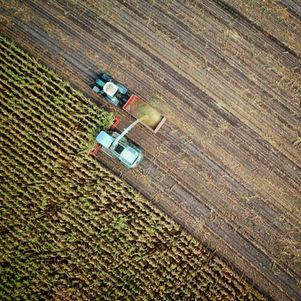
The Issue.
Carbon footprint measures the total amount of greenhouse gases [GHG] that are emitted from human activities such as agricultural activities and manufacturing of goods (Kuo, 2018). According to the Ministry of Sustainability and Environment (2019), carbon emissions make up a total of 97% among the composition of GHG.

These emissions cause more heat to be trapped into the atmosphere, which results in climate change. Climate change poses a threat of weathers becoming hotter and rising sea levels.



One of the sources of carbon emissions is municipal solid waste. In 2019, Singapore generated an estimated amount of 7.23 million tonnes of solid waste (National Environment Agency [NEA], 2020). Incineration of municipal solid waste contributes to approximately 3% of Singapore’s total GHG emissions (MSE, 2020). Municipal solid waste consists of goods that we use and then throw away, such as product packaging and food waste, which comes from our homes, institutions and businesses.


In schools, we organise mass campus events (e.g. Open House and Graduation Day) all year round, and these events generate a significant amount of municipal solid waste every year.
With schools being platforms for students to learn and acquire knowledge, promoting and organising more sustainable events can allow students to increase their environmental awareness. It is important for us to take the first step in changing our wasteful culture in schools, so that we can educate current and future generations to turn this awareness into actions in their daily life as well.




